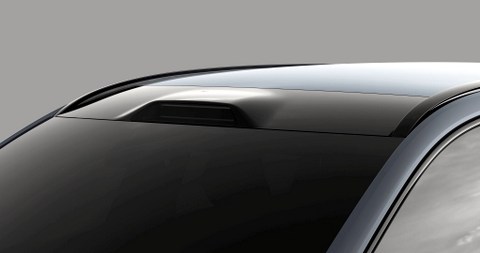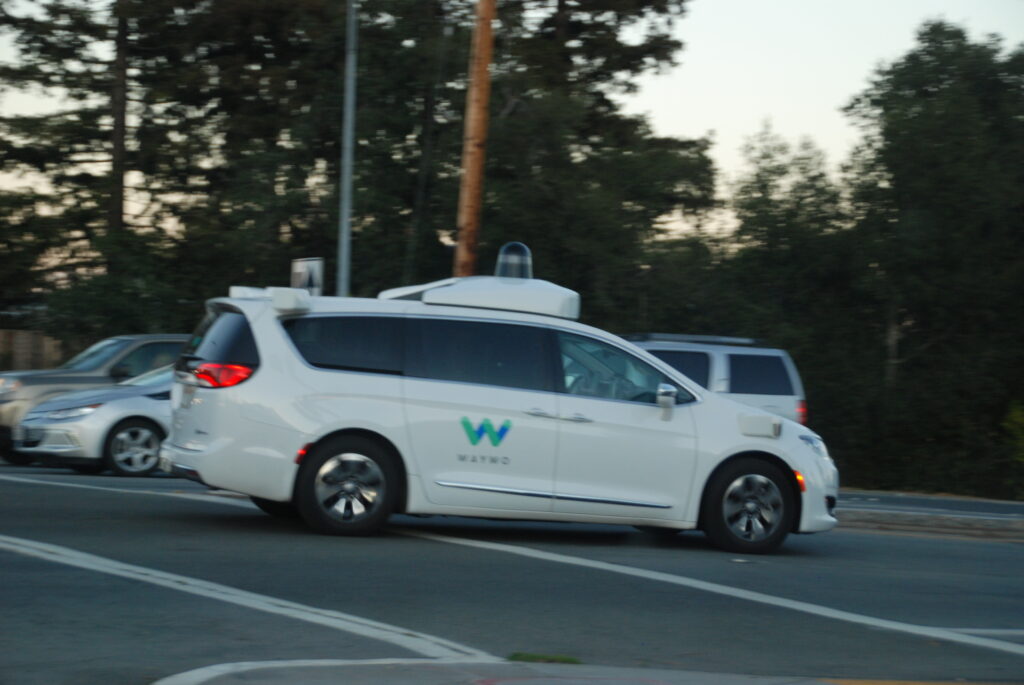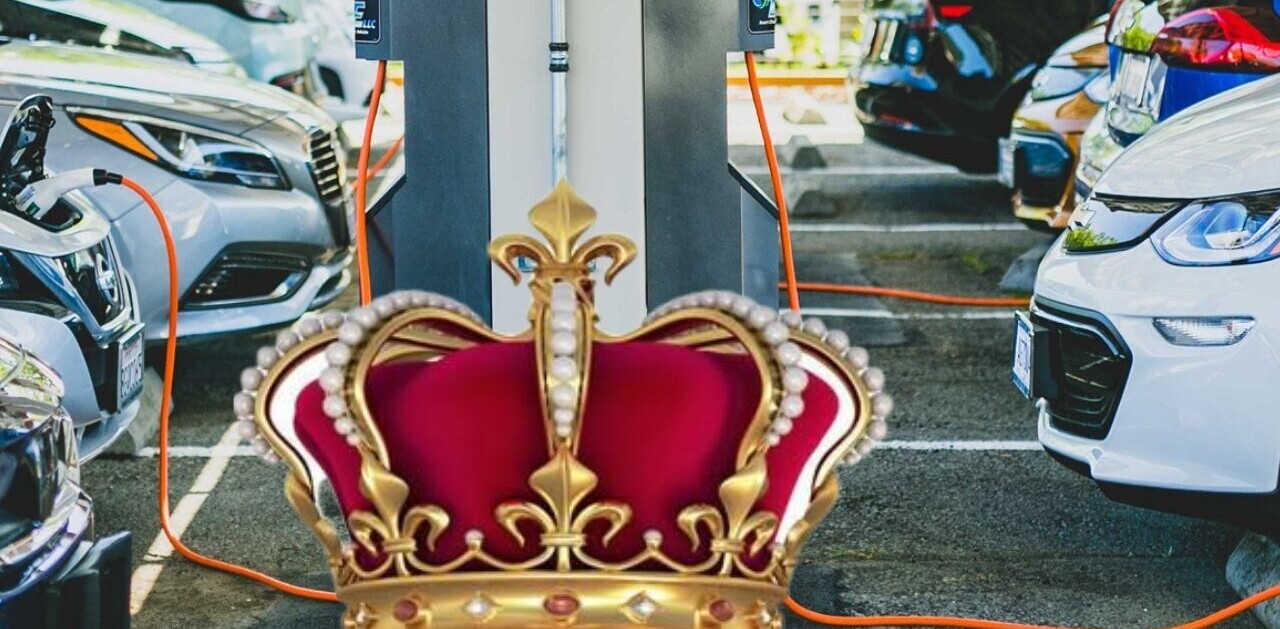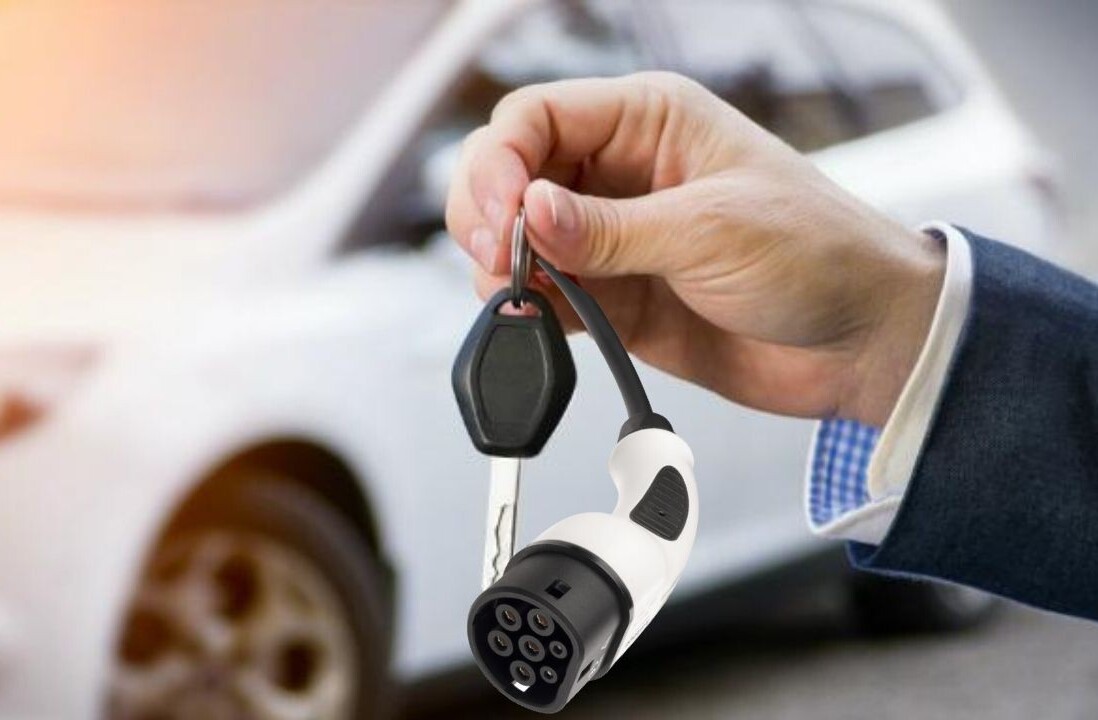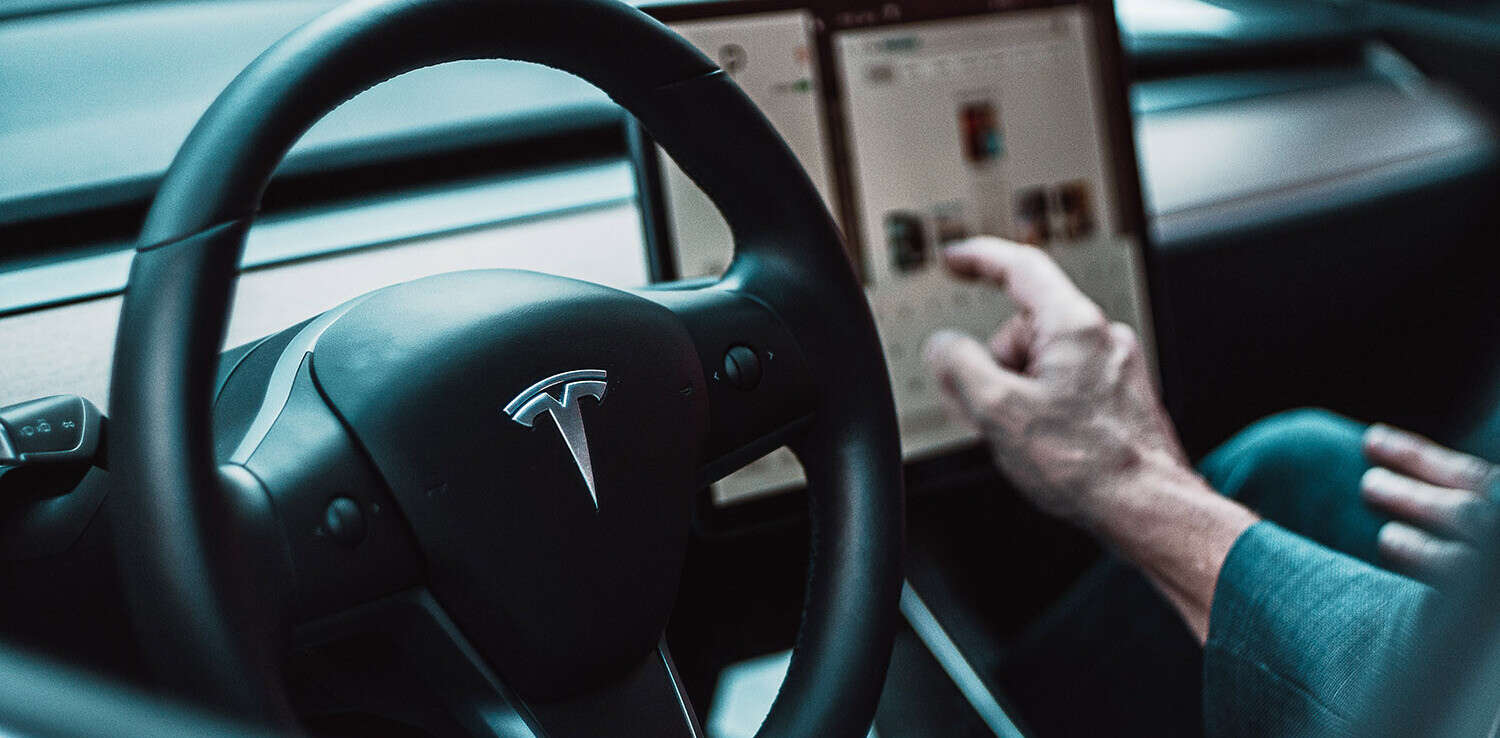This article was originally published by Martin Banks on Clean Fleet Report, a publication that gives its readers the information they need to move to cars and trucks with best fuel economy, including electric cars, fuel cells, plug-in hybrids, hybrids and advanced diesel and gasoline engines.
Autonomy and personal responsibility
Individuals driving under the influence are one of the most common causes of automotive accidents and fatalities in the world, second only to distracted driving. These tragic statistics are fuel for the fire, pushing automotive manufacturers toward creating fully autonomous vehicles.
How do DUI laws apply if you’re not actually the one driving the car? Let’s take a closer look at how DUI laws will likely adapt as self-driving cars become more mainstream.
Levels of Autonomy
First, let’s briefly define the different levels of autonomy to better understand how they will impact DUI laws in the future.
- Level 0 represents the majority of cars on the road today with total driver control without assistance.
- Level 1 introduces minor forms of driver assistance, like lane-keeping and cruise control.
- Level 2 is where we find Tesla’s Autopilot and GM’s Super Cruise, offering partial driving automation, but the driver still needs to be ready to take over.
- Level 3 allows the vehicle to handle most of the driving, but still needs a human backup.
- Level 4 is almost totally autonomous, though it will likely still have a steering wheel.
- Level 5 is fully automated and requires no human intervention.
Defining a DUI
Roughly one-third of all deaths from traffic fatalities involve drunk drivers. How do states define what qualifies as a DUI?
DUI is a blanket term, but it isn’t used universally. Some states or districts will use other acronyms like DWI— driving while impaired—or OWI—operating while intoxicated.
The acronym varies, as do the definitions, but in general, operating a vehicle under the influence of any inebriating substance, from alcohol to marijuana, from prescription drugs to illegal ones, constitutes a DUI. Drivers can even be charged with DUI while sitting in an unmoving car with the keys in the ignition.
Navigating uncharted waters
As we move into the realm of self-driving cars, we’re navigating uncharted waters, at least when it comes to charging someone with a DUI—at least once we reach full autonomy.
Currently, with Level 2 and 3 autonomy, standard DUI laws will apply because the driver has to be ready to take over driving at any given moment. Once we reach Level 4 autonomy, things will get a little muddier.
Level 4 means that it will be more difficult to prove that someone was actually in control of the vehicle while under the influence. It’s too early to speculate how lawmakers will handle these cases, but the most likely scenario is that these vehicles will come equipped with sensors that detect when the driver’s hands are on the wheel.
If lawmakers can prove that the driver was in control under the influence, even if the vehicle is autonomous, they’ll be able to make a DUI charge stick.
Once we reach Level 5 autonomy, this will likely be a moot point because the vehicles won’t be designed for any human interaction beyond inputting a destination. At that point, it becomes no different from drinking in the back of a limo on your way to a party while the chauffeur transports you safely to your destination. (Ed. note—you could run afoul of the law, but it won’t involve driving the vehicle.)
The future of self-driving cars
Whether we like it or not, self-driving cars are the wave of the future. It will be up to lawmakers to figure out how they’re going to navigate these uncharted legislative waters while we work toward the fully autonomous vehicle that we’ve been dreaming of for decades.
You can follow Clean Fleet Report on Twitter and Facebook.
Do EVs excite your electrons? Do ebikes get your wheels spinning? Do self-driving cars get you all charged up?
Then you need the weekly SHIFT newsletter in your life. Click here to sign up.
Get the TNW newsletter
Get the most important tech news in your inbox each week.

